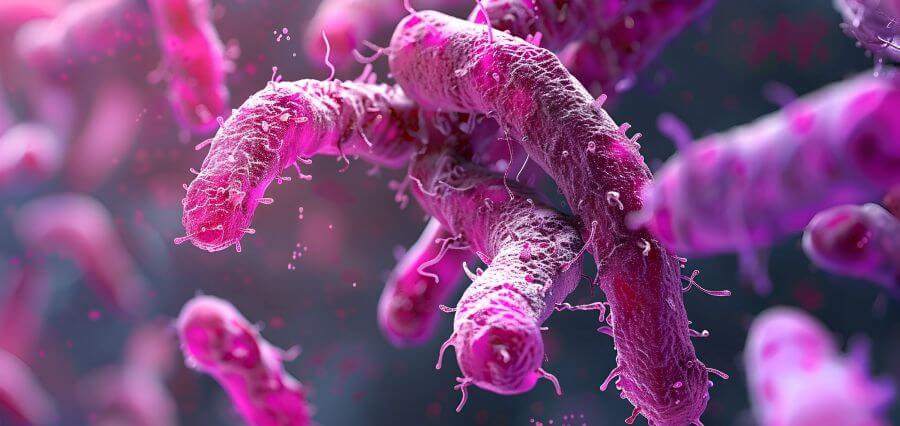The Anxiety and Depression Association of America states that anxiety disorders are the most prevalent mental illness in the United States. In fact, according to the association, the disorder affects up to 40 million Americans annually.
However, there may be hope soon as researchers from the University of Virginia School of Medicine have found a way to use a common bacterium to help the body cope with stress and stave off sadness and anxiety.
The role of Lactobacillus, a common bacterium found in yoghurt and fermented foods, is identified by the new research.
Alban Gaultier, PhD, conducted research at UVA and used this technique to isolate the microorganisms that are naturally present in and on human bodies. “These organisms are collectively known as the microbiota, and scientists have increasingly sought to target them to battle disease and improve our health,” UVA stated in a press release.
“We have found that gut-resident Lactobacillus affects mood disorders through immune system modulation,” said Gaultier, who is affiliated with the TransUniversity Microbiome Initiative, the BIG Centre for Brain Immunology and Glia, and the UVA Department of Neuroscience. “Our study may open the door to the development of desperately needed treatments for depression and anxiety.”
Our guts are naturally home to countless bacteria, fungi, and viruses, and scientists are beginning to understand how crucial these microorganisms are to our immune systems, mental health, and general wellbeing. According to University of Virginia researchers, early attempts to modify the gut flora with probiotics have had varying degrees of success.
“We knew from previous studies that Lactobacillus helped with mood disorders and disappeared after psychological stress, but the underlying causes were not clear, mainly because of the technical difficulties in researching the microbiome.”
Gaultier and colleagues generated mice with and without the bacterium in question using a collection of bacteria known as the Altered Schaedler Flora. The research team was excited by the results.
“Gaultier and his colleagues were able to explain exactly how Lactobacilli influence behaviour, and how a lack of the bacteria can worsen depression and anxiety,” according to the college.
According to researchers at the University of Virginia, the lactobacillus family of bacteria is responsible for maintaining interferon gamma levels, which are immunological mediators. This controls how the body reacts to stress and prevents depression.
According to researcher Andrea R. Merchak, PhD, “with these results in hand, we have new tools to optimise the development of probiotics, which should speed up discoveries for novel therapies.” Most importantly, we can now investigate potential treatments and preventions for anxiety and depression, such as maintaining a healthy level of Lactobacillus and/or interferon gamma.
According to researchers, their current goal is to create novel approaches for treating and preventing depression as well as other mental health issues where Lactobacillus may be involved.
Read More: https://thecareworld.com/





